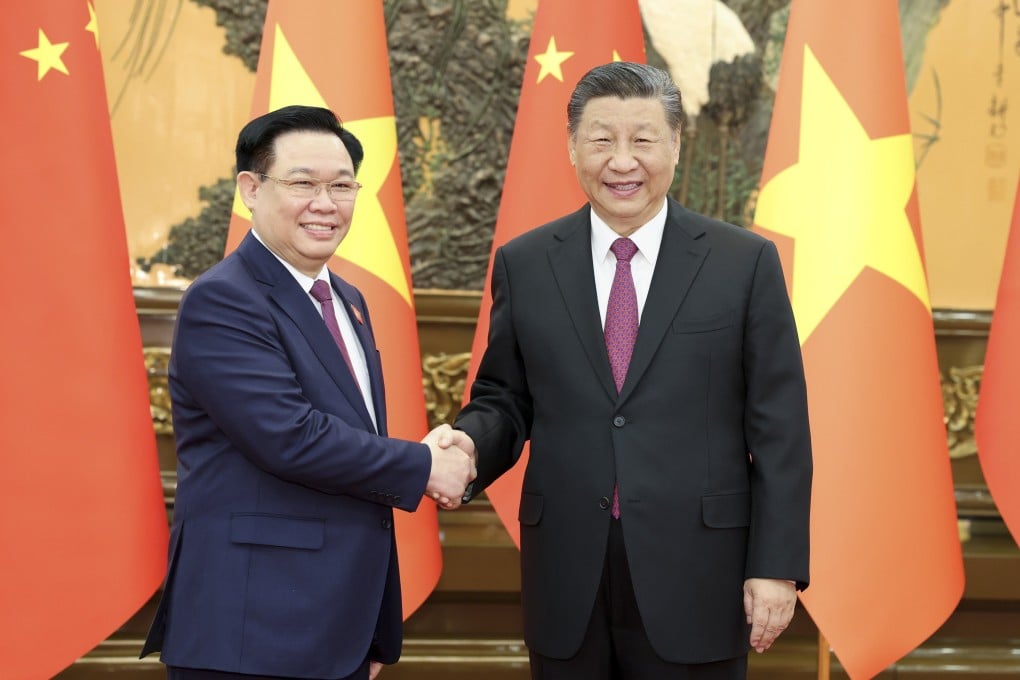Opinion | Vietnam’s Catch-22 in courting China as a rare earth partner
- In many ways, Beijing is the perfect partner for Hanoi’s rare earth processing industry ambitions
- But standing in the way is Vietnam’s wariness of corporate exploitation and taking sides in the US-China rivalry, as well as its political turmoil

Rare earths, essential in powering the global energy transition, are growing in value. They are required to produce the permanent magnets in clean-energy products from electric vehicles to wind turbines.
Vietnam wants China, with its advanced technology and know-how, to help it develop its rare earth industry chain, but only up to a point – Hanoi also wants to maintain control over its domestic industry and innovation.
China may be willing to help establish the infrastructure a Vietnamese rare earth industrial complex requires, although export restrictions prohibit it from directly granting any country access to Chinese processing technologies.
On a more strategic level, working with Vietnam on rare earth processing could help Beijing “de-risk” from America’s “de-risking” policy. Establishing processing plants in Vietnam would help Chinese companies keep customers in developed countries by circumventing the “Made in China” label.

